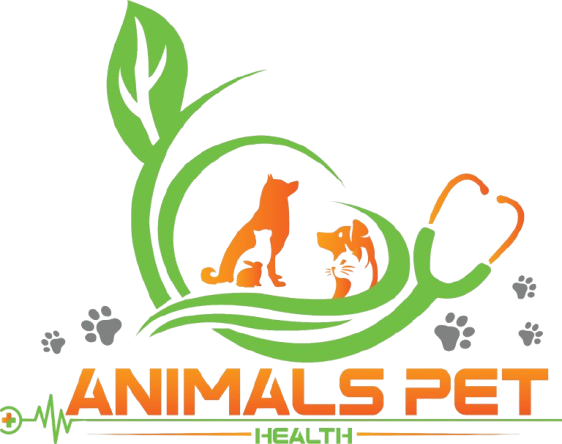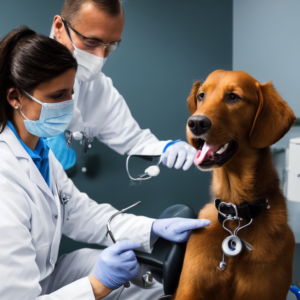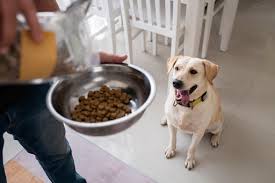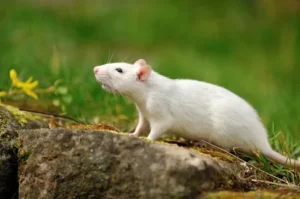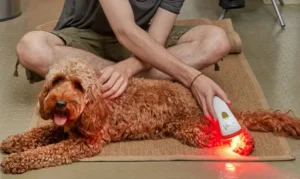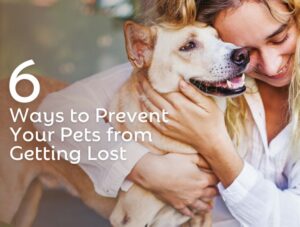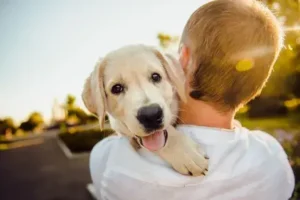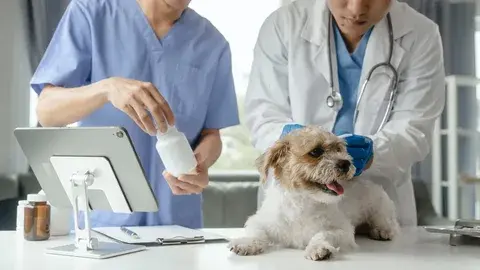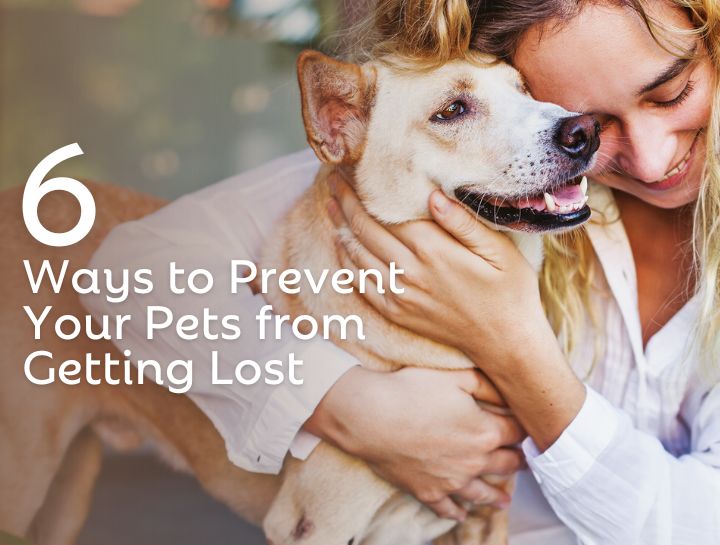Any pet owner should ensure that they maintain their pet in fine health. Vaccinations are one of the most appropriate methods to do this.
Vaccines help to ensure that your pets, other animals as well as your family are safe against terror diseases.
In this blog we will analyze The Importance of Pet Vaccinations, what they will prevent, the way they will ensure that your pet is safe and happy. To find out more reliable information, visit to Animals Pet Health.
The Importance of Pet Vaccinations
The importance of vaccinating your pets is to protect them against serious diseases that are potentially fatal. They operate by priming your pet to combat diseases yet it does not fall ill. It is safe and effective in order to prevent infections that may be accompanied by serious health problems or even death.
Examples of Vaccinated-Preventable Diseases.
The vaccines protect pets against the various prevalent diseases that include:
- Rabies: This is a deadly illness that afflicts pets and humans as well.
- Parvovirus: This is a virus that results in intensive stomach and intestine disease in dogs.
- Distemper: It is a severe disease whose outcome is usually deadly in dogs.
- Feline Leukemia Virus (FeLV): It is a harmful virus that suppresses immune systems of cats.
- Kennel Cough (Bordetella): This is a disease that causes contagious cough among dogs.
These illnesses have the ability to be easily contracted either at home, in the open or within your neighborhood. This is the reason that vaccination is so important.
The Significance of Early Vaccination of Pets.
This fact is that you should vaccinate your pet early in their life. The majority of the age at which the first shots of puppies and kittens are administered is 6-8 weeks.
This is because these initial vaccines shield them at their most susceptible age. As a follow up to the initial inoculations, booster shots will be required to maintain their immunity.
The Ideas of Vaccinating Your Pet During Childhood.
- Guarantees coverage against life threatening diseases.
- Helps prevent diseases outbreaks within the community.
- Cuts down on expenses incurred on the treatment of the animals in the vets.
- Extends a healthy lifespan of your pet.
The difference between Core and Non-Core Vaccines.
Without proper establishment, there are a variety of pets that do not need the same type of vaccines. The ones that are required will be recommended by your vet depending on your age, lifestyle and residential points.
Core Vaccines (essential for all pets):
- Dogs: Rabies, Distemper, Para viral.
- Cats: Feline Panleukopenia, Rabies, Rhinotracheitis, Calicivirus.
- Non-Core Vaccines (optional, based on risk):
- Dogs: Lyme disease, Bordetella (Kennel Cough).
- Cats: Feline Leukemia Virus (FeLV).
Always discuss the actions of your vet on what vaccinations your pet needs.
The Benefits of importance of vaccinating your pets
The importance of vaccinating your pets does not just keep animals safe; they also save humans.
- There exists some transmission of pet diseases to people. Through the vaccination of pets, we reduce these dangers.
- Vaccines prevent rabies which in almost all cases is fatal.
- The chances of infecting an animal with illnesses such as ringworm or parasites are low due to vaccinated pets.
Threats of Not Vaccinating.
Failure to vaccinate your pet may cause:
- Serious or fatal illnesses.
- Expensive healthcare costs in case of pet illness.
- Issues with traveling, quarantine, or boarding.
- Danger of contaminating more pets and even human beings.
Maintaining the Vaccination Schedule of Your Pet.
Kittens and puppies require booster vaccinations.
Adult pets require a booster after every 1 to 3 years, depending on the vaccines used and your full-size veterinary doctor recommend it or not.
Advice on Vaccination of pets.
- Visit your pet to the vet on a regular basis.
- Note the records of your pet majoring in vaccination.
- Epinephrine your vet of any side effects or allergies.
- Take local regulations and particularly rabies inoculations.
Conclusion
One of the easiest and best methods to maintain the health of a pet is to ensure that they have been vaccinated. The importance of Pet Vaccinations are essential because it helps to avoid severe diseases, helps to save money, and helps to protect your family and community.
Vaccinations should also be given early and then always listen to your vet as your pet lives. Through effective vaccination, your pet would be enjoying a long, healthy and happy life.
To get more tips and pages, please go to Animals Pet Health.
(FAQ)
At what age does my puppy or kitten get the first vaccinations?
Whatever the schedule of your vet at 6-8 weeks.
Do indoor cats need vaccines?
Yes. Even the indoor cats may be exposed to diseases via visitors, pets, or objects.
What are the frequency of booster shots on pets?
Typically every 1-3 year, again depending on the vaccine and the referred situation.
Are vaccines safe for pets?
The side effects are mostly mild e.g. sore or tiredness. Hypersensitive reactions are extremely discrete.
What is going to be the case when my pet fails to receive a vaccination?
The health of your pet will be threatened by preventable and even deadly diseases.
